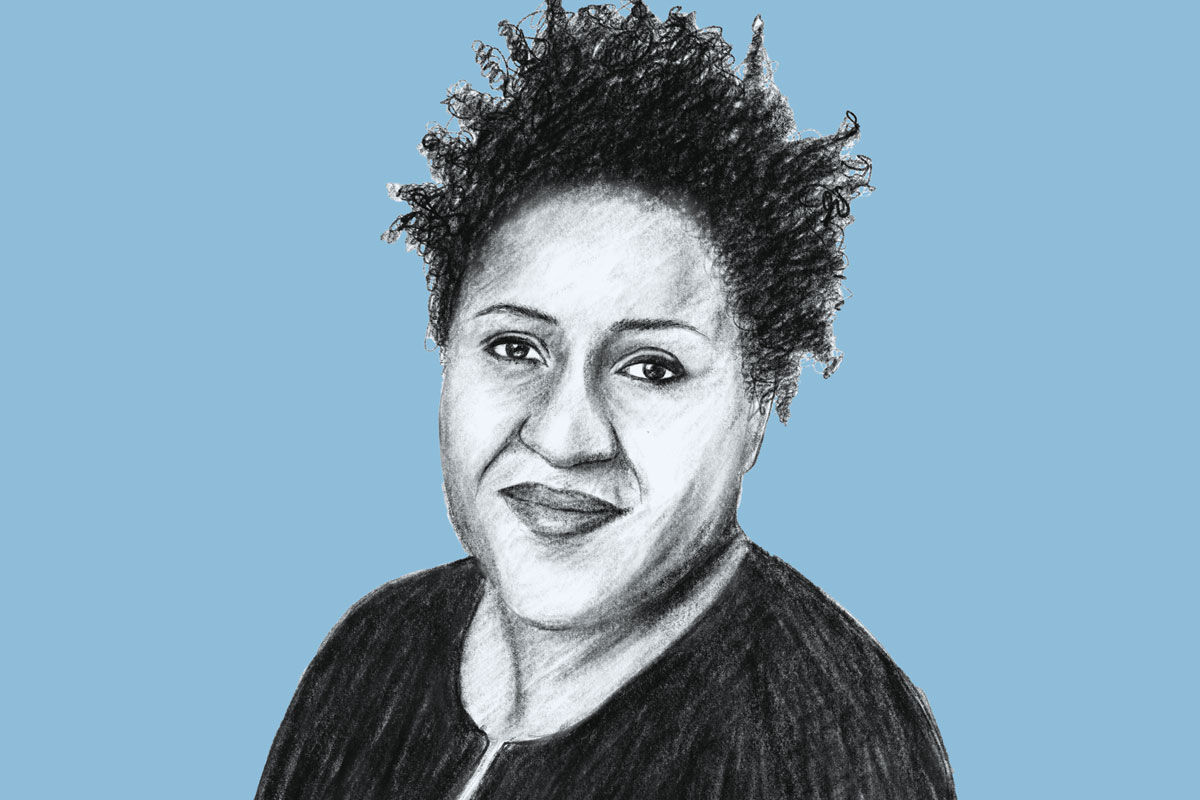The paradox of plenty – where have all the jobs gone?

Dr Margaret Ikpoh ponders the contradiction of our workforce crisis, and what future there is for GP trainees
We are approaching panel season, where the review and assessment of the skills and competence of our exciting bright-eyed and bushy-tailed GP registrars will take place. As a GP trainer myself, one of the joys from the end of year reviews is the sense of self-satisfaction in helping to develop the next generation of GPs. They have spent the last three years honing their communication and consultation skills into a fine art. They are ready to enjoy the fruits of their craft as UK independent practitioners.
But this week of reviews were notably less joyful in comparison to those I have experienced over the past 15 years as a trainer. My supervisees appeared despondent, demoralised and dejected. In the midst of a deepening GP shortage across the UK, a paradoxical scenario is unfolding whereby qualified GPs (including locums) find themselves struggling to secure employment. This conundrum, where the numbers simply do not add up, has left many in the profession and the public alike scratching their heads- or as my teenagers would say, ‘the maths is simply not mathing’.
The NHS long-term workforce plan projects the GP shortfall in just over 10 years to be 15,000. Record numbers are applying for GP specialty training places, and the plan stipulates that GP training places should increase to 5000 from September 2025.
Five years ago, my practice found ourselves on a workforce cliff edge, but a merger and reliance on funding for ARRS roles brought with it an increased and stable(ish) workforce. However, more bodies meant decreased space for us to practise and our buildings are still not fit for purpose. I no longer have ownership of a room adorned with memorabilia that would ignite ice-breaking conversations with even the shyest of patients. Now, desk sharing is my new norm.
GP registrars, mostly from the international community who have already committed to move to areas of socio-economic deprivation to help fill workforce gaps, now lack job opportunities. This lack of prospects and the dwindling forward investment in their careers post-qualification, will simply catalyse their movement elsewhere. As I was told earlier this week, ‘I’ve moved before, I can move again.’
The chronic underinvestment in primary care, the slow expansion of medical student placements, the lack of inclusion of GPs in ARRS are all perfect ingredients for a potential exodus from our GP waters. Without any true measure of workforce shortages at a national level, some practices will continue to be swamped with multiple applications for GP roles. And I know many GP registrars and sessional GPs are re-evaluating their UK job prospects and running to the Canadian (or other) hills .
Meanwhile we are still here, working harder than ever before, and 10% of my patients are still waiting more than three weeks to see a GP
Someone please make this make sense.
Dr Margaret Ikpoh is a GP in Holderness, East Yorkshire. You can find her on X (formerly know as Twitter) @docmagsy
Related
Llyods Recruiting Engineers In India After Slashing Jobs In UK
Lloyds Banking Group is planning to hire hundreds of engineers in India as the company plans to shift its employment opportunit
Major new funding for music acts that supercharged careers of…
£1.6m Music Export Growth Scheme to support 58 independent UK artists to tour the world Funding will boost UK’s creative industries – a key growth se
Well-loved restaurant chain to close 8 venues across UK as…
A BELOVED restaurant chain has announced it will close eight venues across the UK, scrapping 158 jobs in the process.Owners are pointing the finger at Labour's
US adds 151,000 jobs in February as unemployment rate ticks…
The latest figures published by the US Bureau of Labor Statistics today (7 March) came in below market expectations, with economists polled by












